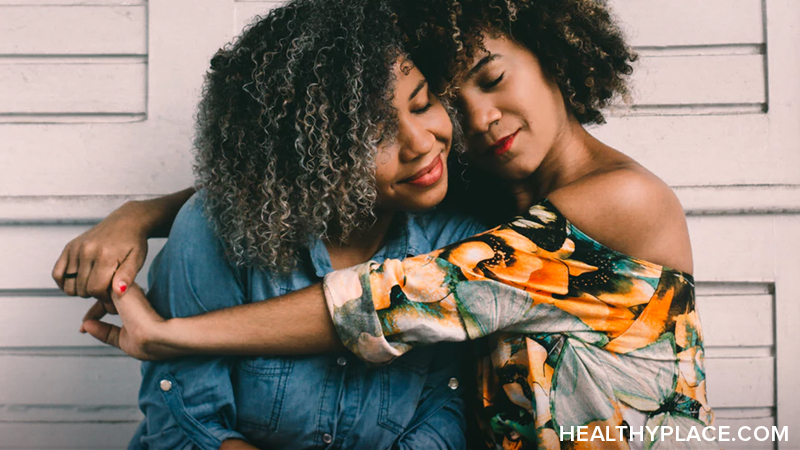PTSD and Intimate Relationships: Problems and Solutions

Posttraumatic stress disorder (PTSD) and intimate relationships don't always go well together. On top of that, dating when you are in your 20s is tough. Finding people to date in real life is next to impossible, and online dating can be a fiasco. If you ask around, you'll find that many people in their 20s know and understand this struggle--myself being one of them. What most people don't understand, however, is how much more difficult dating and forming intimate relationships can be when you're suffering from PTSD.
Why PTSD and Intimate Relationships Collide
Posttraumatic stress disorder and intimate relationships do not mesh well. Relationships are built on trust, and PTSD causes people to lose trust in everyone around them. At their very core, relationships are incongruent with the cold and harsh nature of PTSD.
Posttraumatic stress disorder can consume your entire life. When someone with PTSD is sharing his or her life with another person, that person is sharing his or her disorder as well. And even if partners of people with PTSD understand and accept the idea of mental health, it can still be hard to handle someone that's suffering from a mental illness. It's difficult to sleep next to someone that wakes up screaming night after night. It's difficult to love someone who has fits of rage or daily panic attacks. It's difficult to care for someone who struggles to express emotions or maybe has no emotions at all. Loving someone with PTSD is just difficult.
Of course, that's not to say that having an intimate partnership with PTSD isn't possible. Many people suffering from the disorder do, in fact, have long and happy relationships. As tough as it may be, it's possible to navigate intimate relationships while healing from trauma.
How to Develop Healthy Intimate Relationships with PTSD
First and foremost, I should clarify that I have never really developed a long-lasting, healthy relationship. I'm only in my mid-20s, and I'm still learning a lot about life. Every relationship I enter is a new learning experience, and I have made a lot of mistakes along the way. But I've also become wiser towards what works and what doesn't work when I'm navigating intimate relationships alongside my PTSD.
One of the most important things I've learned so far is that I need to be upfront and honest about who I am with my partner. It's a plain and simple fact that I have PTSD. It's not going away anytime soon, and the PTSD symptoms I suffer from on a daily basis aren't going away either.
I don't like to be touched or cuddled. I don't like talking about my emotions. I'm very jumpy, and I don't sleep well. These are all components of myself that I'm working on changing, but I'm not there yet, and I don't know how long it will take for me to heal from my trauma.
When I enter into new relationships, I aim to be as honest as possible about who I am and how I experience life. I don't feel compelled to tell each and every person I meet about my deep traumas, but if it's someone that is worth sticking around for, I will.
Relationships aren't meant to be easy. They can be messy. They can feel confusing. But people with PTSD don't have to be afraid of them. By being honest about who they are and the limitations they face, people with PTSD can start to build intimate relationships.
What is your experience with PTSD and intimate relationships? Please share your thoughts in the comment section below.
APA Reference
Avery, B.
(2020, February 12). PTSD and Intimate Relationships: Problems and Solutions, HealthyPlace. Retrieved
on 2026, March 4 from https://www.healthyplace.com/blogs/traumaptsdblog/2020/2/ptsd-and-intimate-relationships-problems-and-solutions